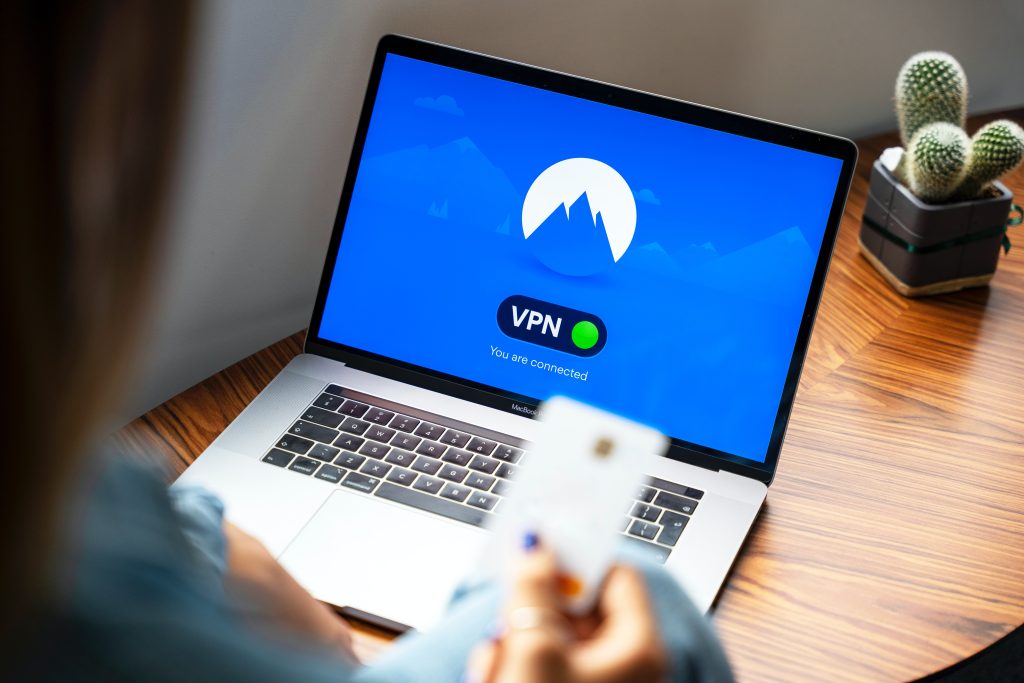Businesses are increasingly using VPN services to access their networks remotely. While these apps offer great convenience, they also pose security risks.
Should businesses continue relying on remote access VPN services or should they switch to enterprise-grade VPN solutions?
One of the main benefits of enterprise-grade solutions is that you can manage them through a centralized IT department. This makes employee remote access secure and reliable.
What is the difference between Remote Access VPN and Enterprise-Grade VPN?
A remote-access VPN service is a hosted service that an organization can use. Further, to connect multiple devices remotely over the Internet.
An enterprise-grade VPN service is a network service that an organization can use. Also, to connect multiple devices securely over an encrypted connection on its premises.
Both remote access and enterprise-grade VPN solutions are software applications or configurations for business WiFi networks. But each type of solution has its own advantages and disadvantages.
It’s important to know what’s behind the security of your VPN provider. The more secure your connection, the safer you are from cyber attacks – even when you’re on public WiFi networks.
What are the types of VPNs?
In general, VPNs can separate into two broad categories: public and private (or local). Public VPNs are increasingly accessible, but private VPNs offer better security.
What is a VPN?
A VPN is a virtual private network. The virtual part refers to the fact that the network is using software and servers. The private part refers to the fact that you can keep your data safe from prying eyes while connected to the internet.
VPNs are primarily used to protect sensitive information that users send over the internet (such as credit card numbers or login details) from third parties. In addition, these networks are also used for other purposes like providing government agencies with access to restricted content, providing encryption for a connection between two remote locations, or bypassing censorship for users in certain countries.
While everyone has heard of VPNs at some point in their lives, many don’t know how it works or how to use them. If you’re curious about what these services offer you but don’t know where to start, we’ve got all the information you need right here! Here’s everything you need to know about finding the best VPN service provider.
The first thing we’ll look at is what exactly a VPN service is, as well as what makes one good or bad. Here’s everything you need to know about finding the best VPN service provider.
What Does a VPN Do?
A Virtual Private Network (VPN) is an encrypted network which allows both businesses and individuals alike to access blocked websites and services online. It allows users to connect with an encrypted tunnel and then access sites normally restricted by firewalls so they can browse anonymously.
They can also bypass government censorship and geo-blocking, allowing them to access content based on their location as well as their IP address for more anonymity online! This has many benefits for businesses and individuals alike.
First off, encrypted connections mean that communications sent over public WiFi networks can’t be intercepted by hackers sitting on that same network – your computer will be secure from cyber attacks when using public networks!
In addition, because your connection is secure, it is also impossible for anyone to see what sites you’re visiting or what you’re typing into, for example, a search engine. This makes it the perfect tool for use with public WiFi hotspots at cafes, airports and hotels.
